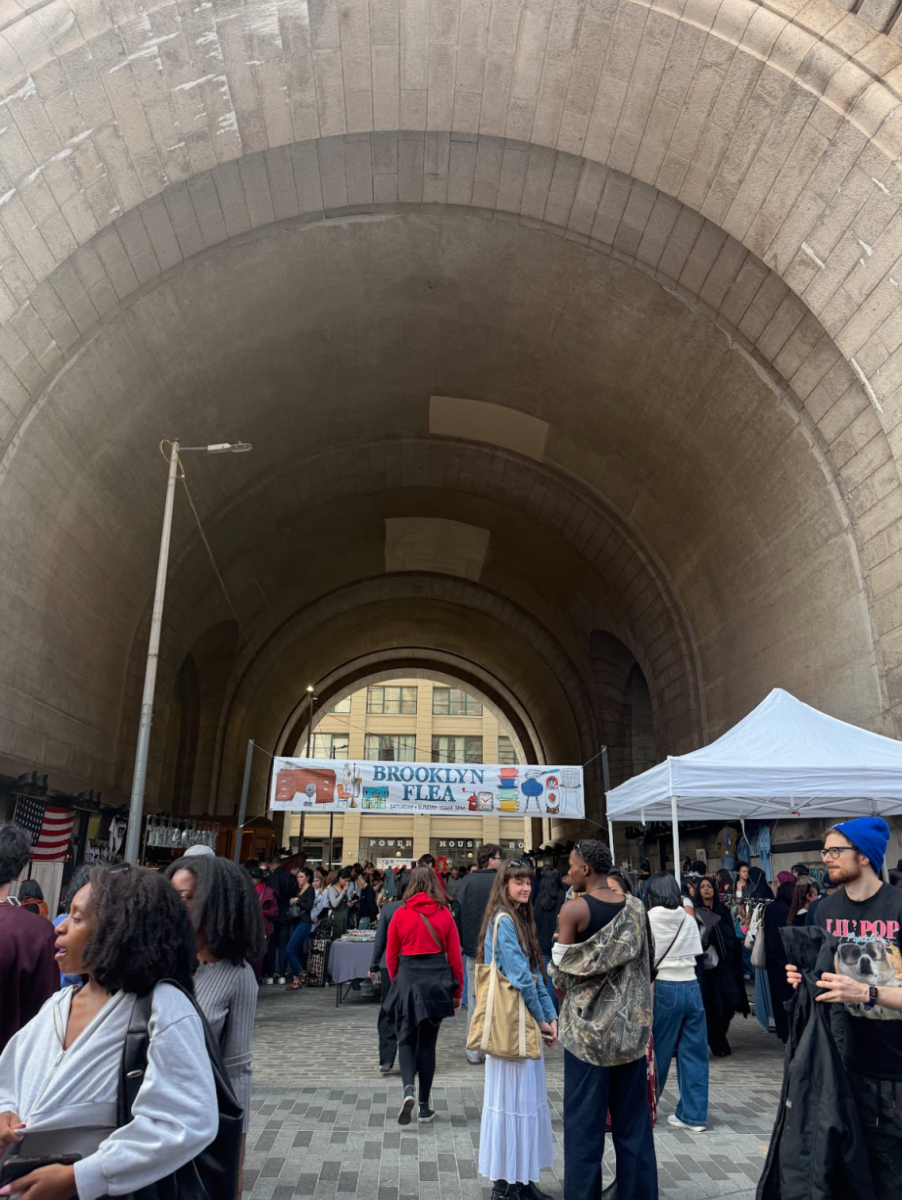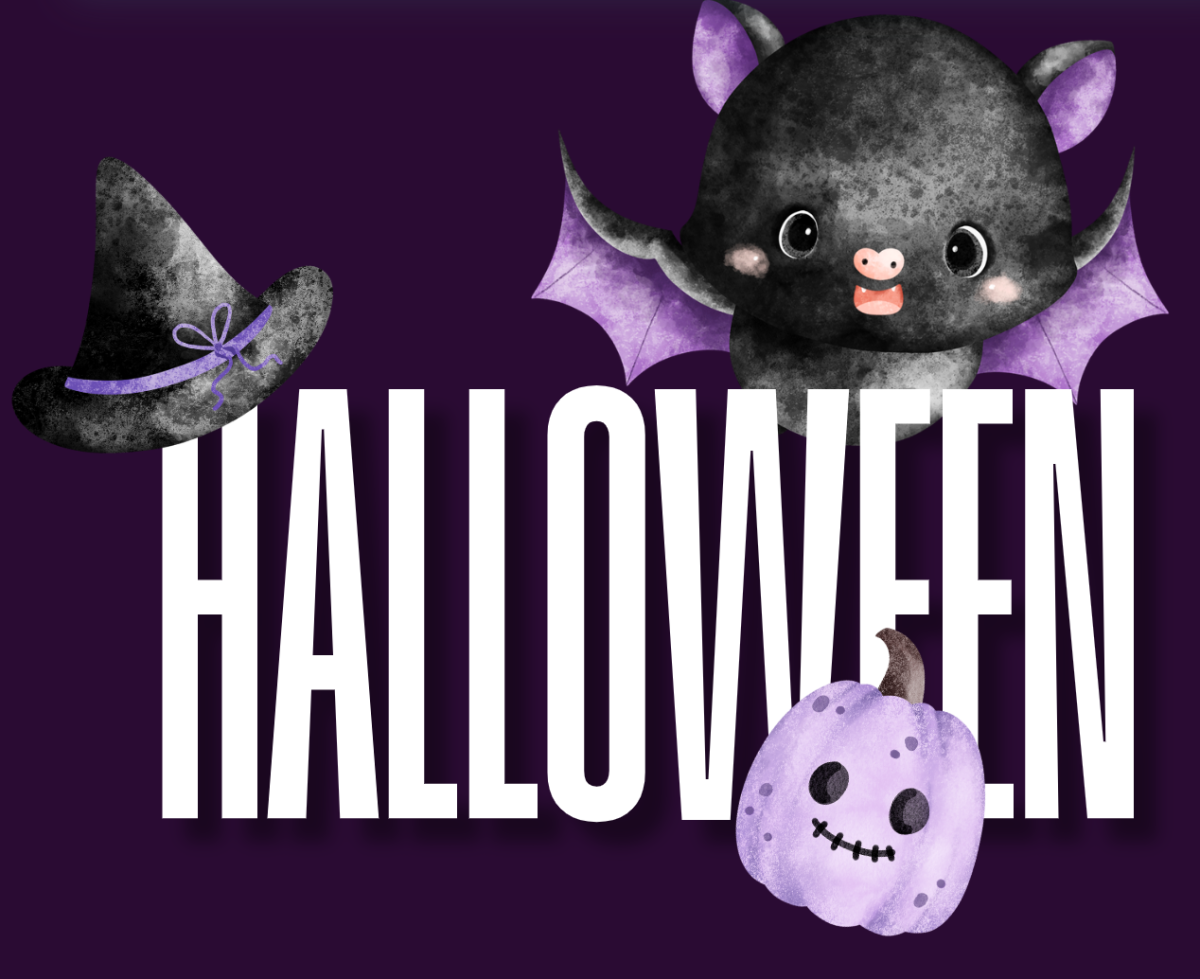By JAKE KRING-SCHREIFELS
When you leave the theater after seeing Stoker, Chan-Wook Park’s latest family psychological gothic melodrama, you will be stirred, but for reasons unknown and ungraspable. That’s one of the strengths of this South Korean director, whose work is noted most in his visceral and twisty 2003 film Oldboy, a tale of epic revenge that burrows to unthinkable depths. His strength is also his weakness, however. At a certain point, the atmosphere outmatches its narrative logistics, a story with enough to bite on, but not really to chew.
Taking a script from Wentworth Miller “Prison Break” and Erin Cressida Wilson (Chloe), Park begins his first English spoken film in non-sequential order, focusing on India Stoker (a stoic Mia Wasikowska, Alice in Wonderland), the despondent daughter of Evelyn Stoker (Nicole Kidman, The Paperboy). India, potentially mentally unstable, whispers to us that she can hear things others cannot and see things invisible to many. It is clear India is the protagonist by the way Park’s camera captures these acute senses and the crisp sounds that parallel the nervy action.
Visually, Park consistently mesmerizes, making optical cues and endless narrative possibilities. The camera slithers, jolts and navigates the Stoker mansion by lurking around corners and doorways. The family’s wealth is apparent not just by the decadence and multiplicity of rooms, but by its ignored and large dark basement, its sweeping acres of dried grass and the winding roads towards the home. Scenes never transition in an abrupt manner; they layer on top of each other aesthetic subtlety, as do Park’s motifs, creating momentary, irksome responses to promote a sense of upcoming dread or perversity.
This dread is increased by the arrival of India’s uncle Charles (Matthew Goode, Leap Year), unknown to her before his appearance at her father’s funeral, the same day as her 18th birthday. Richard Stoker, Evelyn’s husband, was a devoted dad before his death. He took India on hunting trips to catch live birds, muttering things like, “sometimes you need to do something bad to stop you from doing something worse.” His passing leaves a gaping hole in the now silent corridors where they live, a symbol of his absence, but more so of a mother-daughter relationship that never developed, evident in India’s long solemn stares to Evelyn’s simple requests. “Let’s get some ice cream,” she says, to which India chastises her because she thinks her mother has not grieved long enough.
Charles Stoker is the odd one in the family, possessing a shady past that is eventually revealed, clearing things up yet still leaving many more questions. He is at once a comfort to Evelyn as well as a potential sexual target, a mysterious figure whose dead-set eyes look both alive and entranced. However, he is infatuated most with India, a girl with whom he finds a spiritual connection with. In one scene, they share a piano bench, uncomfortably playing harmonies as they rub shoulders. The piano, red wine, ice cream and Richard’s old belt become floating symbols for an uncle who feels as though he could be ghost-like himself, if not for his veiled, vigorous acts of violence.
Park does not cater to the absurd like he does in Oldboy, a film that contains a man eating a live octopus, pulling teeth and cutting his own tongue. Stoker is far less grotesque but shares the same level of perplexing mutilation. The significance for India’s character is her empty expression regarding Charles’s dangerous behavior. Wasikowska, who dons similar apparel and pale face as in Jane Eyre, appears to relish in these types of callous, introspective roles. Her interactions in a few scenes at school, which includes a mild flirtation with a boy (Alden Eirenreich, Beautiful Creatures), shuffle from timidity to the darkly uncanny. Charlie appears to be unhinging her bridled aggression.
The film’s biggest peril, like some of Park’s other work, is that it is trapped inside its own narrative bubble. The aftertaste is sour and haunting, but then it dwindles and disappears, like the family housekeeper, India’s aunt (Jacki Weaver, Silver Linings Playbook). The suspense grows, or more appropriately weaves, and then, like one of Charlie’s vacuous stares, lingers on for too long.









































































































































































































